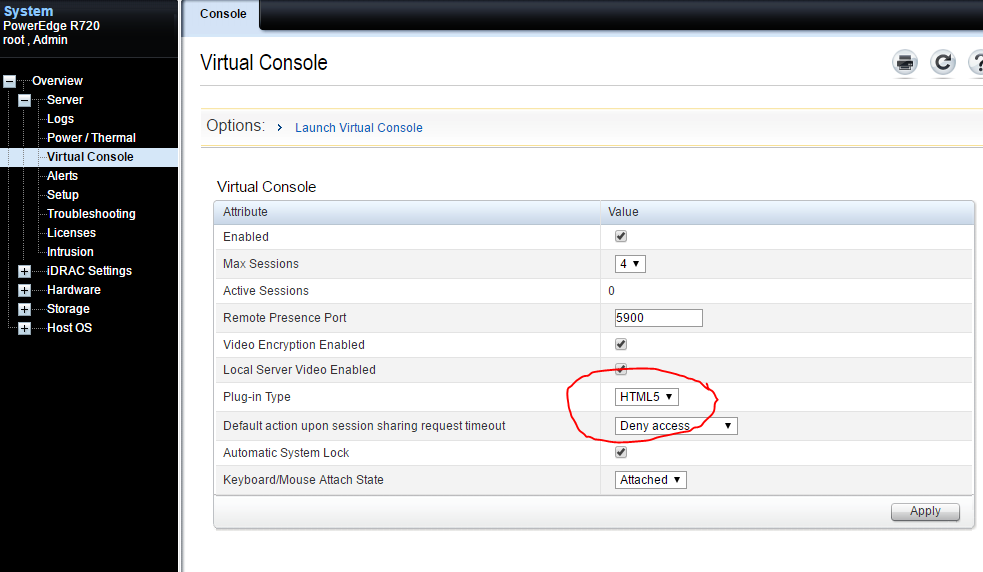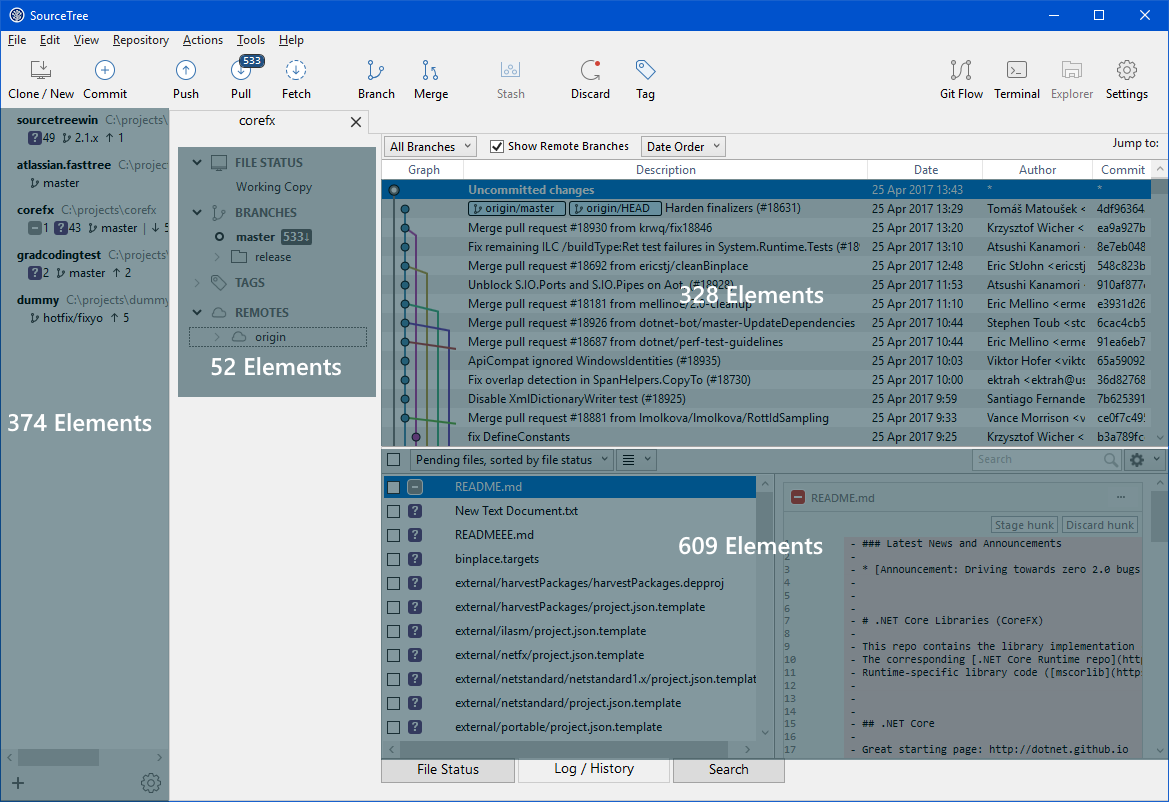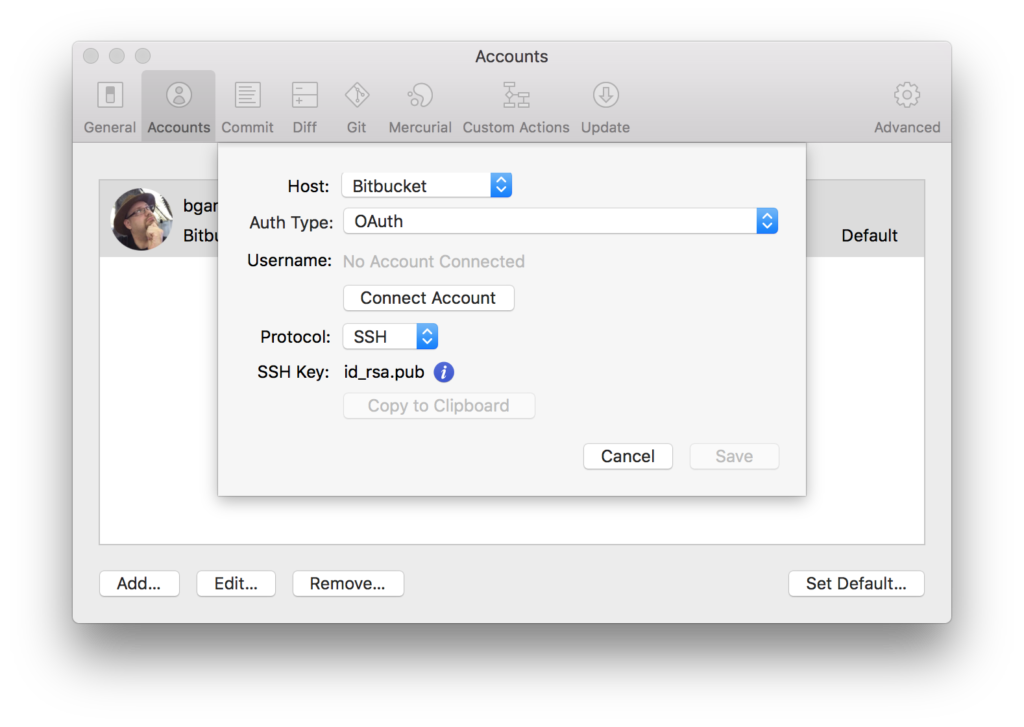Add an SSH key to the settings for the repo where the build will run, as described in Step 1 above (you can create a new key in Bitbucket Pipelines or use an existing key). Add the public key from that SSH key pair directly to settings for the other Bitbucket repo (i.e. The repo that your builds need to have access to). Click to get the latest Buzzing content. Take A Sneak Peak At The Movies Coming Out This Week (8/12) Everything we know about ‘Shang-Chi and the Legend of the Ten Rings’.
An SSH key pair is a combination of a public key file and a private key file. You can think of the public key as a lock on a door and the private key as the key that fits that lock.
By default, SFTP Gateway disables password authentication and uses SSH key pairs as the primary authentication method because they are more secure then passwords.
There are a number of different types of ssh keys. SFTP Gateway will generate a 2048 bit RSA key when generating new key pairs for users.

Public keys
The public key is stored the server and is used by the OpenSSH sshd service to authenticate the user when they attempt connect to the server.
The sshd service will check in the /home/username/.ssh/authorized_keys file, which is a list of all public keys that are associated with that user, for the public key that matches the private key provided by the user in the connection.If the public key and private key match, and are associated with the user that is attempting to login, then the user is authenticated and authorized to access the server.
A user's authorized keys file can have multiple entries of public keys that each pair with there own private key. This allows for a user to have multiple private keys that they can use to connect to the server. This also allows for 3rd party programs, infrastructure, or multiple users to connect to the same user account.
Entries in the authorized keys file need to be in the OpenSSH format. The OpenSSH format appears as a single key per line in 3 segments, each separated by a single white space character. Segment 1 is the key type. There are many key types but the most common one, and the one that SFTP Gateway generates be default, is RSA. Segment 2 is the encoded key. This is a long string of randomized characters. This is what is compared to the private key in the authentication process. Segment 3 is an optional comment. This can be a name, email, or other string that just allows you to easily identify which private key correspondences to that public key. The following, below the line, is an example of what an authorized keys file would look like.
Since SFTP Gateway uses a standard installation of OpenSSH that, comes with Amazon Linux, for all of the SSH and SFTP connections, all public keys must in the OpenSSH format as show above. However, some keys may be generated in other formats such as SSH2 and will need to be converted. Below is an example of an SSH2 format key that comes from Putty keygen, which is uses in the Windows environment.
Converting a public key
Since SFTP Gateway does not recognize the SSH2 format the public key will have to be converted to OpenSSH format.
- If you are in a Linux/Unix environment, you can convert the key to OpenSSH format by saving the key as a plain text file. Then running the command
ssh-keygen -i -f ssh2.pub > openssh.pub. This will create the file openssh.pub that contains the OpenSSH formatted public key:
- If you are in a Windows environment and using PuTTY keygen, you can load the key and there will be a box at the top that will have an OpenSSH formatted key for copy and pasting.
Private keys
The private key is housed on the user's computer. The private key can be further secured by applying an access password to the key, that must be provided before the key can be used in a connection attempt.
The user will provide the private key in the connection to the SFTP Gateway server:
Adaptec aic-7902-based ultra320 scsi driver download. The private key will look like this, and should contain the lines at the top and bottom that say 'begin rsa private key'and 'end rsa private key':
Bitbucket Create Ssh Key
Why use SSH key pairs over passwords
Passwords need to be remembered, and as such, must users will create a password that is meaningful to them. It my include a birthday, pet name, child name, or favorite activity. Passwords such as these are susceptible to a dictionaryattack. In this type of attack, the attackers will have a dictionary of passwords that they have gathered over a period of time, that contain common names, pet names, birthdays, activities, locations, colors, and many other things. The attacker can then run through a list of common usernames, and try each password in the dictionary against it. This will often be run by a bot program that will try hundreds of these combination a second.
Attackers can also use a brute force attack the tries every combinations of a passwords to break into a system. With a password that is 12 characters long
Copy Ssh Key Mac
RSA keys can be anywhere between the minimum length of 1024 bits, and the max length of 16384 bits in size.
Sourcetree Mac Ssh Key Generator
Updated
- Status:Closed(View Workflow)
- Resolution: Fixed
- Fix Version/s:1.0.0
- Labels:
Mac Sourcetree Ssh Key Location
I am trying to use SourceTree on Windows to clone a git repository over ssh from a Mac. When I do, I get an error that the server's host key is not cached in the registry, and it asks me if I would like to add it. I click 'Yes' and it displays the same error. If I click 'Yes' again, it will continue to show the same error over and over. I am unable to clone via SourceTree at all.
I am able to run 'git clone' from the commandline to clone this repository. Once I do, I am able to add it as a Working Directory in SourceTree. However, I get the same error if I try to pull in SourceTree.
I have the same problem whether I use the Embedded git or the System git (both are 1.8.0).
I am using PuTTY/Plink. Switching to OpenSSH does not show the error, but it hangs and never returns when I try to pull.
The Windows machine in question is a VM running on the Mac I am trying to connect to. I am connecting using a bare hostname like this:
monoceros:work/agent


I get the same error if I use:
monoceros.local:work/agent
- Assignee:
- Steve Streeting (Inactive)
- Reporter:
- Rob Napier
- Votes:
- 0Vote for this issue
- Watchers:
- 2Start watching this issue
